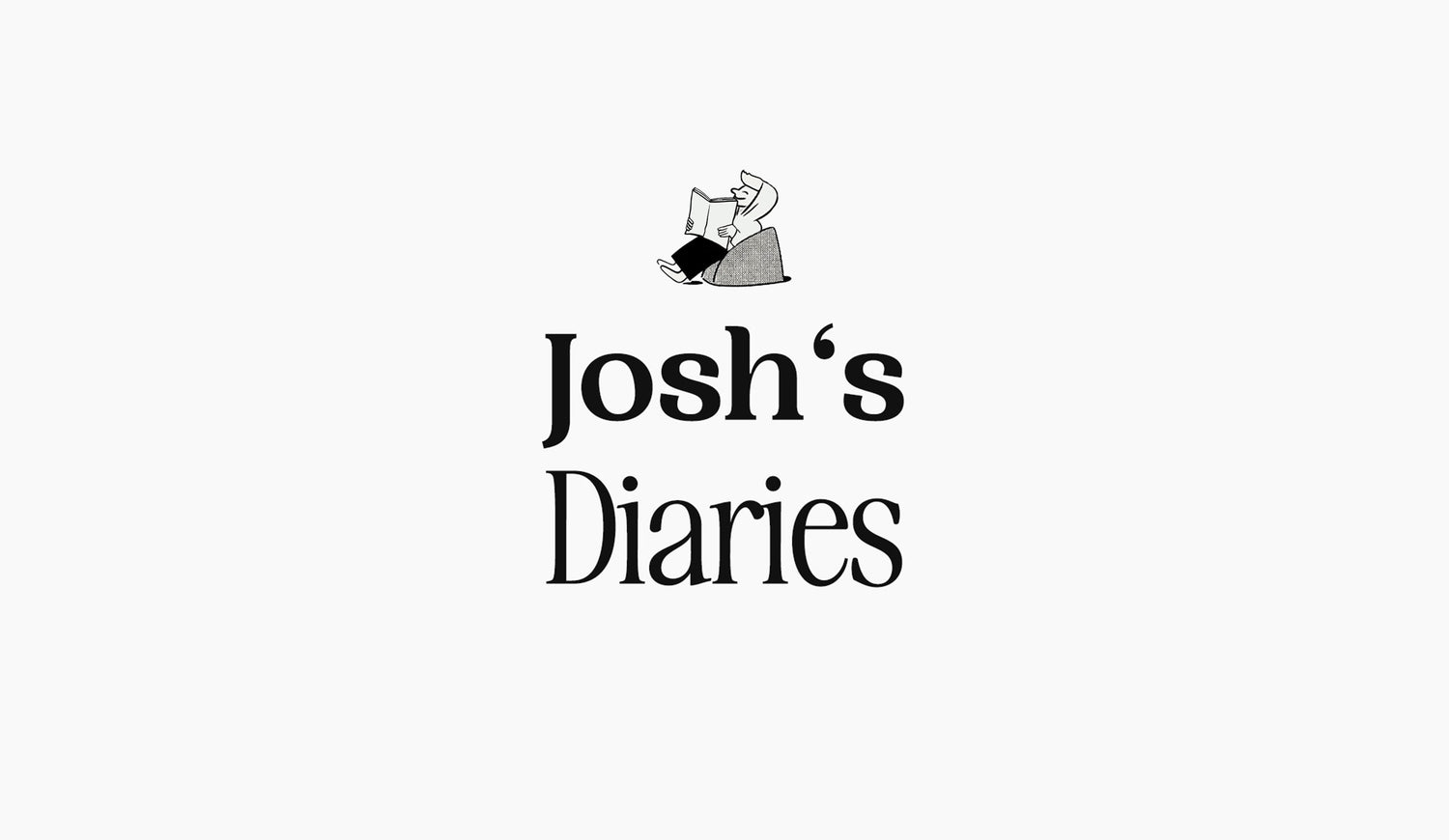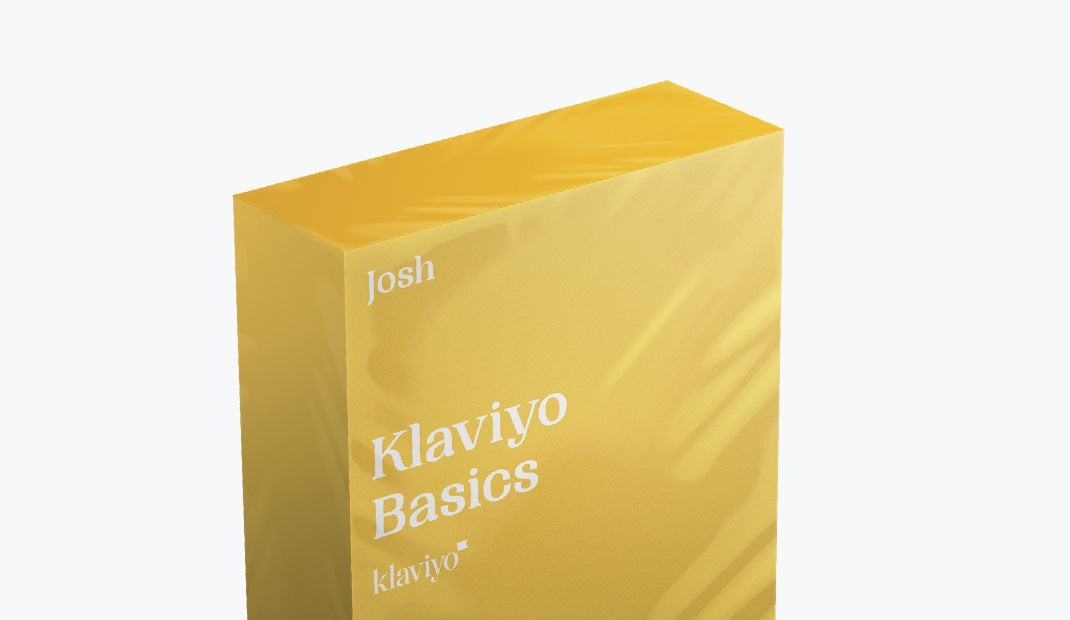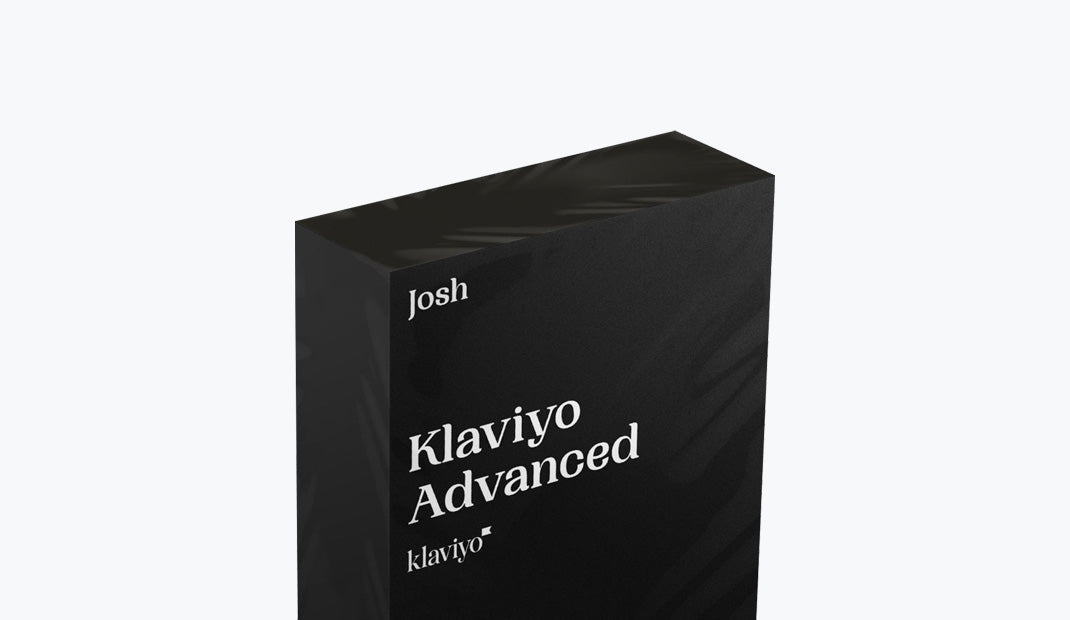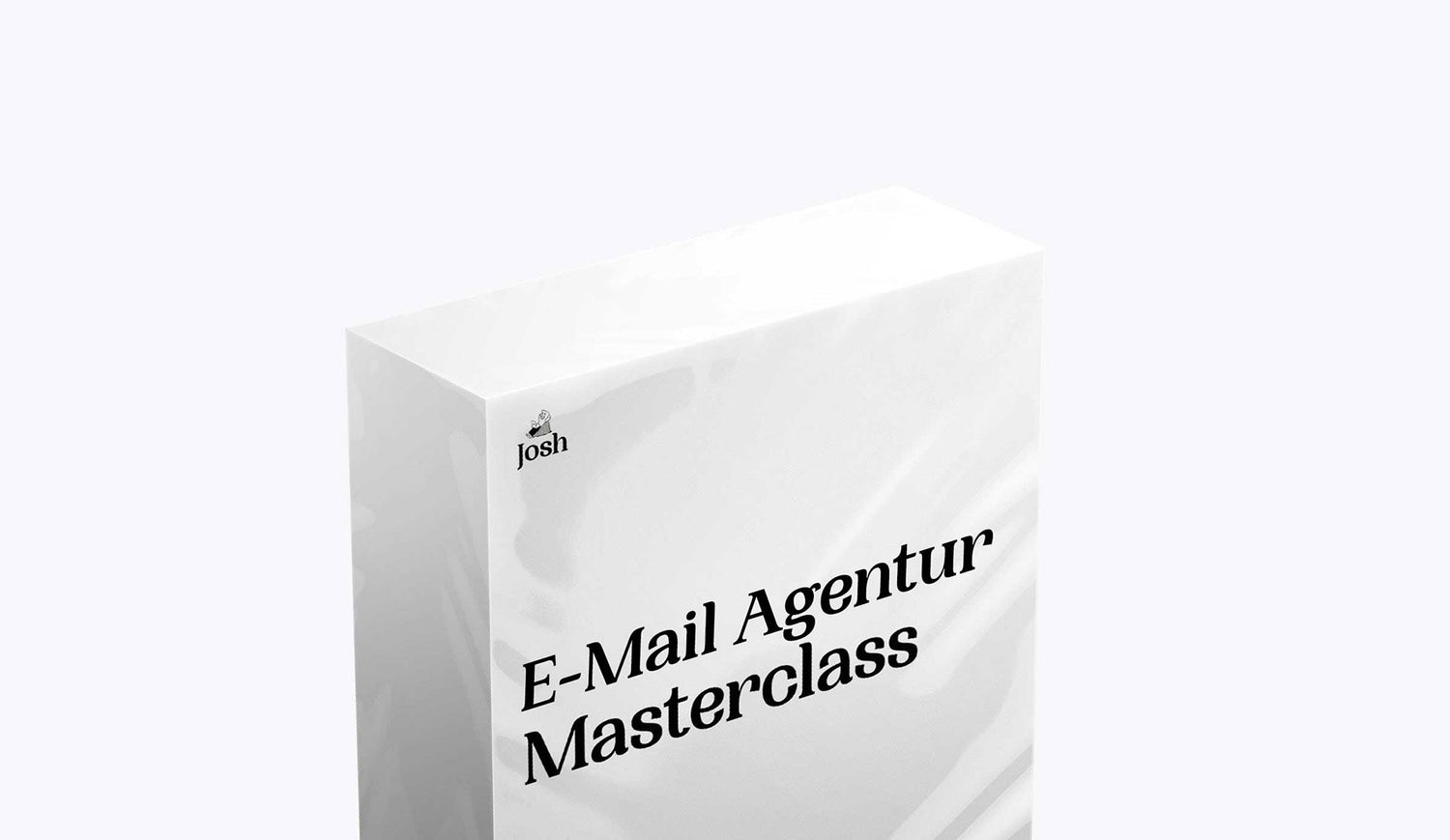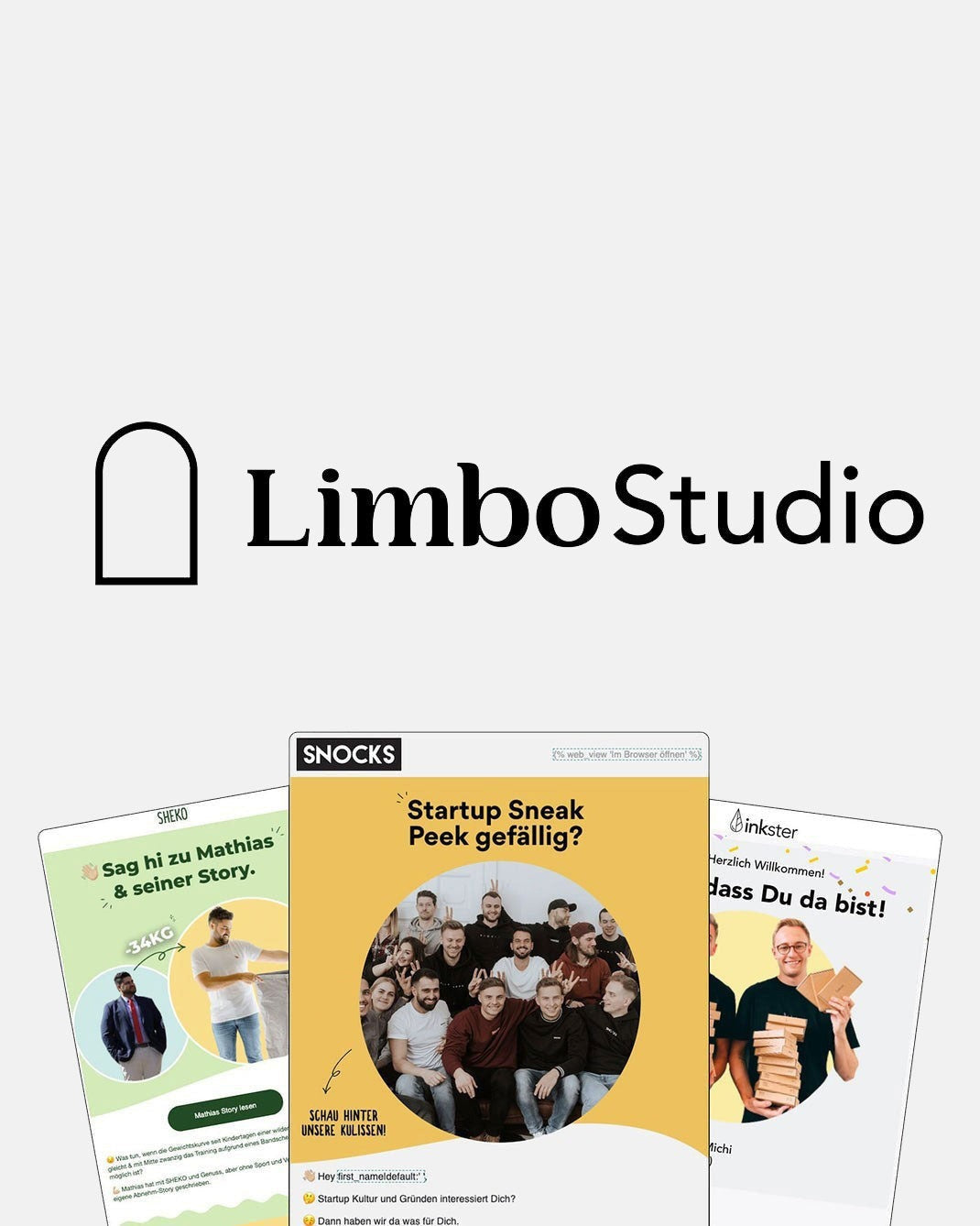Today I'll show you how I generated +4700 € in sales with my online course in the last 60 days & what my biggest learnings were.
Especially as a solopreneur, I think it is incredibly important to diversify your cash flow sources. The advantages:
-
Less dependence on your own agency.
-
Virtually infinite scalability (unlike services you offer)
-
Additional revenue that you can use to finance further projects
My plan: I want to have two sources of cash flow in the long term.
My one-man agency + online courses that allow me to teach others what I've already learned.
Unfortunately, I have also made a lot of mistakes when it comes to my online courses...
Without the right target group = no €€€
My biggest mistakes regarding online courses were the following:
-
No clear definition of the target group
-
Too much time sacrificed for the wrong platform
-
No testimonials collected
-
Low completion rates of my courses
But I learned from these mistakes and have shown you in 3 steps what I would do differently today.
Small sidenote - Here are the (modest) sales from the first 3 months of my online courses & free products:

And here are the online course sales for the last 60 days of my new course launch.

What exactly did I do differently?
Step 1: Be aware of where your target group is online.
Back then, I put all my focus on organic LinkedIn content to promote my courses.
The problem: Because I shared a lot of specific content about email marketing on LinkedIn, two target groups in particular followed me.
-
employees of e-commerce companies
-
Larger e-commerce companies that want to outsource their email marketing
However, both target groups are not the ones who would actually buy my email marketing course.
-
Employees rarely spend money voluntarily on further training
-
The big e-commerce players were the ones that I was able to handle through my agency because, as I wrote, they wanted to outsource email marketing and not learn it themselves.
💡 That's why I focused specifically on Facebook Ads and not on organic LinkedIn for my new launch, with which I could specifically target smaller e-commerce companies who really want to build up their email marketing themselves with my course.
Step 2: First the MVP, then the final product
To be honest, I was really disappointed after the first launch of my course...
I had spent several weeks painstakingly recording my email course, editing videos, building the landing page with Webflow, posting Linkedin content, releasing it & then…
Nothing came.
No sales, no reviews, no feedback.
My free products were purchased, but not the course in its original form.
The problem?
Without even asking what my target group was really interested in, I got started right away and built a complete email marketing course that focused particularly on email design.
💡 Before I released the revised course, I talked to several e-commerce professionals and asked them what topics they were particularly interested in.
The result was not the email design, but the exact structure of the flows, campaign structures & sales events.
That's why today I'm first building an MVP (minimal viable product) in the form of a rough table of contents and then asking all potential customers what they are particularly interested in from the table of contents.
This way, I don’t waste hours creating content that my target audience isn’t interested in at all.
Step 3: You don't have to reinvent the wheel
In my utter overzealousness, I built the entire landing page of the course with Webflow.
It took several weeks until I spoke to Melvyn from Inkster about the site, he took a close look at the landing page and then just said to me:
“What exactly is in this course?”
At that moment I realized that my self-built landing page was completely misleading and far too complicated.
💡 For my new course, I used Shopify and used exactly the proven shop structure that other e-commerce companies have been using for a long time.
No confusing layouts.
No wild animations.
Instead, a simple and self-explanatory landing page.

In summary:
-
Before you build your first online course, you should think carefully about where you can really reach your purchasing power target group.
-
Build an MVP first, validate it & then create the entire course
-
Trust in proven shop systems like Shopify instead of building everything yourself and, above all, making it more complicated.
1 tip on email marketing
90% of high-performance email marketing:
-
Optimized pop-ups
-
Dedicated campaigns
-
More than a post-purchase flow
It's the little things that make the difference.




